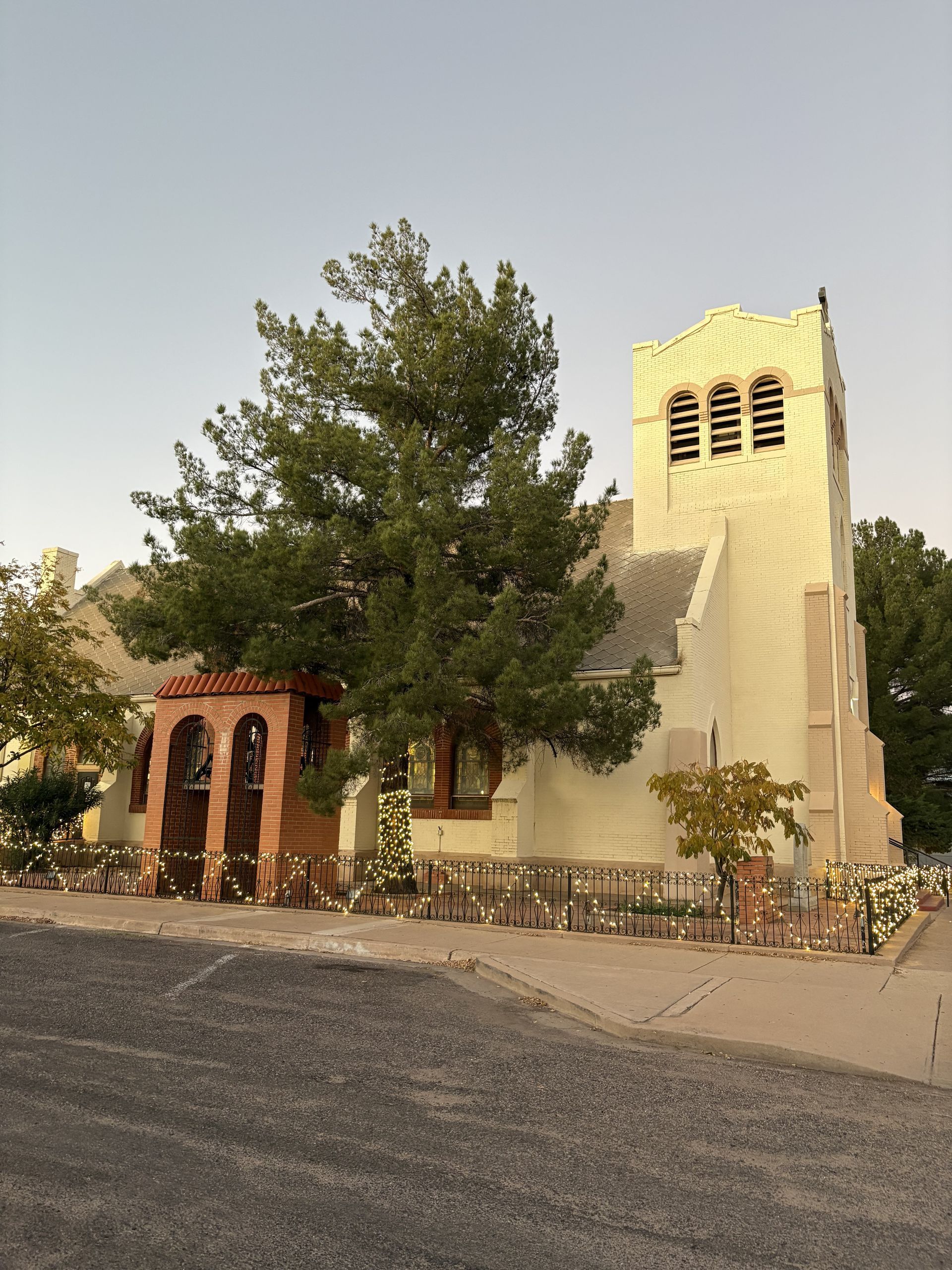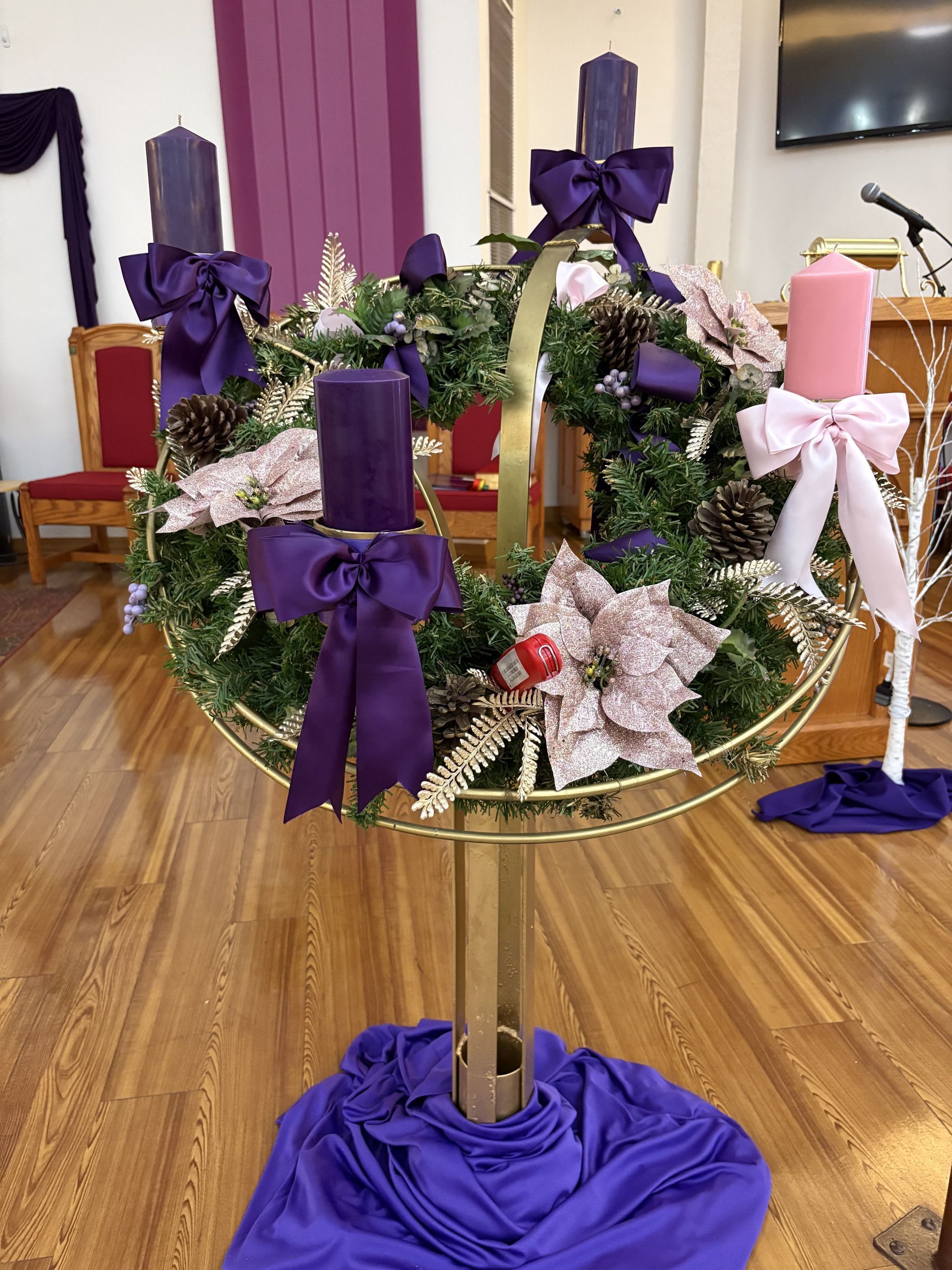Fig tree is said to grow anywhere there is a soil which has over 50% of survival. If figs were human beings, there would be no reason to complain at all as they have everything necessary to live. It draws its strength and sustenance from the soil and normally, takes 3 years to bear fruit. However, according to the story, it produces nothing. A tree that doesn’t generate fruit is useless and might as well cut it down. Nothing which only takes and receives from the outside will survive. Jesus used this parable, on the third Sunday of Lent, to describe the patience of God. We owe him our lives. We are indebted to him. We didn’t bring ourselves to the world through our unaided powers. We come to life through the peril of someone else’s life. We wouldn’t be where we are not without the care of loving people. We inherited a Christian civilization and given us all the possibilities to live free.
The parable of the fruitless fig tree then is a story of God who is like a patient gardener who waits for fruit and gives it another chance to grow. Most of us can relate to this. Everyone of us who has a garden can vouch, you can’t rush a garden. On my end, it has taken me over a year (even years) to figure out what to do in the backyard, what to plant and which soil to till to avoid pestering weeds.
What else can we say about the familiar call of Moses, the burning bush and the message associated with it? Many of us remember this central text in Exodus when God took Moses up in Mt. Horeb, in the mountain of God often described as a desolate and horrible place which makes a lot of sense following his message to Moses. The exchange of words sound really interesting as it is a normal response of someone overwhelmed by the experience and entrusted with a stake so high. Out of curiosity, it was understandable for Moses to ask God’s name and so he said, if they ask me what is your name, what am I to tell them? God’s reply was, I am who am. Tell them, I AM sent to you. Anyone would be dumbfounded by this odd name. Moses probably muttered, what in the world is that! Well, Moses, it’s not your business. Just go! It is a name that can easily be grasped and at the same time, difficult to understand. The emphasis lies in the message. God is aware of the suffering, the slavery, and the pain that his people have endured and wanted to rescue them: to take them out of the depressing situation. It looks like he’s unreachable but no, he’s much concerned with the affairs of the people.
He is a God calling us to repent otherwise we perish. He is a patient God giving us second chances just like the unproductive fig tree because he knows our lives are heavily influenced by our dispositions and the powerful cultural forces. He is the burning bush that captures our attention and plunges us into mystery. He is the gardener that allows fruitless fig tree to sap the life out of a soil that nourishes other plants hoping that a new spirit will come out. He is the God who has everything to offer us, the divine help. How many times on the season of lent did we say we’ll change? How many times have we tried to convince ourselves that we had nothing (time, talent, treasure) to give, share and contribute to the local parish community and yet, God never lets us run out of material and spiritual supply. Amen.



